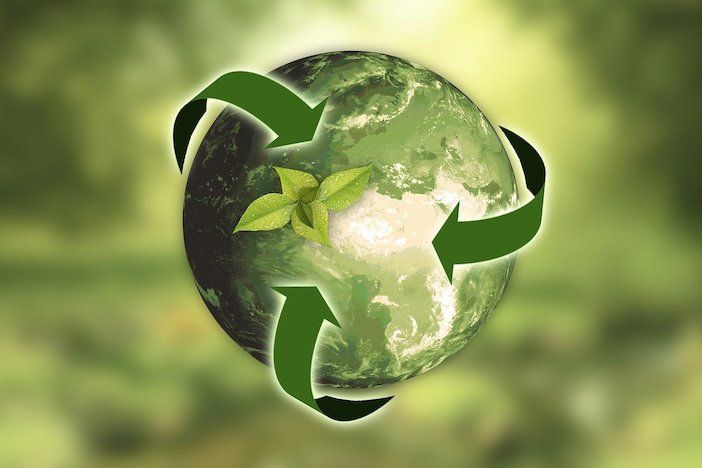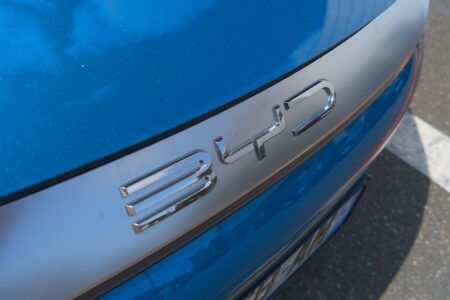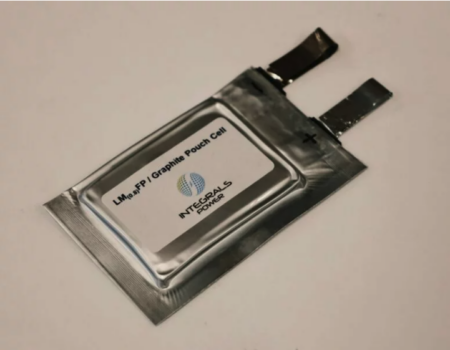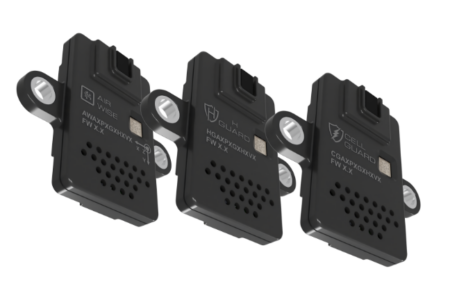Fenix Battery Recycling, Ever Resource and the University of Birmingham have received a £955K (US$1.3m) grant to fund the development of innovative technology to make lithium ion battery recycling cleaner and more sustainable.
The funding from the government’s Innovate UK Smart Grants programme, is for the development of separation technologies for end-of-life lithium ion batteries. The £25 million Innovate UK Smart Grants programme provides funding to organisations delivering game-changing and commercially viable R&D innovation that can significantly impact the UK economy.
Emma Kendrick, Professor of Energy Materials at the University of Birmingham and her research group, including Dr Rob Somerville have invented a process which physically separates, without any chemical processing, anode-arisings and cathode-arisings in shredded end-of-life lithium batteries. This technology has significant potential to make all types of downstream recycling processes cleaner and more sustainable and the researchers believe the technology can be extended to other battery types.
Working with Ever Resource Ltd and Fenix Battery Recycling, the Innovate UK funding will allow the technology to be scaled up, so that it can be used in commercial battery recycling.
Ever Resource Ltd is a circular economy innovator, turning waste into feed-stock and producing value-added products from end-of-life materials. Fenix Battery Recycling is developing a facility to offer on-site recycling for multiple battery types including lithium ion from its shredding and recycling plant in Willenhall, West Midlands and its latest site in Kilwinning, Scotland.
“Lithium ion is at the forefront of the electric transport and energy storage revolution. The market for these batteries is currently growing at a compound annual growth rate of 18% – but there is no cradle-to-grave solution for all of the technology metals and minerals used to manufacture these batteries,” says Dr Athan Fox, CEO of Ever Resource and Director of Technology for Fenix Battery Recycling.
“To support global recycling initiatives in this space, we are developing an innovative system which physically separates with more than 99% efficiency anode-arisings and cathode-arisings in shredded end-of-life lithium batteries. By separating these component streams before downstream chemical or metallurgical processing, we are making recycling cleaner, greener and more economically sensible.”
Fenix Battery Recycling’s Willenhall plant has been ready to recycle alkaline batteries since October 2020. It will become fully operational once it receives its permit from the Environment Agency – a process which has been delayed by Covid-19.
“Our Willenhall plant has been ready to open its doors since October 2020, so we look forward to receiving the permit very soon,” explains Damian Lambkin, commercial and business development director at Fenix Battery Recycling. “We are also accepting lithium ion batteries now, which we will store at our fully licensed and permitted site in Kilwinning, Scotland, ready for recycling when our lithium ion shredding operation kicks off in the next 6-12 months. We are in a position to be storing and discharging already and will be able to start this as part of the treatment process as we receive the materials.”
The project, which is funded by Innovate UK’s SMART framework, is supported by Formula E (the ABB FIA Formula E World Championship), a single-seater motorsport championship that uses only electric cars.





